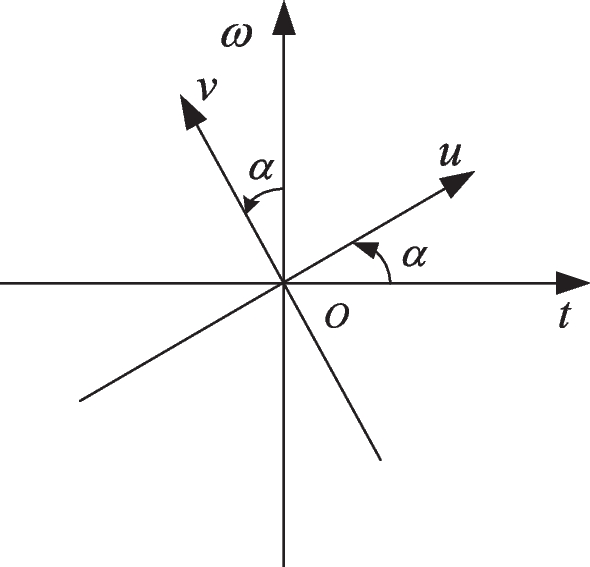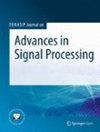用RD压缩采样和DFRFT字典估计LFM信号参数
IF 1.9
4区 工程技术
Q3 ENGINEERING, ELECTRICAL & ELECTRONIC
Eurasip Journal on Advances in Signal Processing
Pub Date : 2023-09-23
DOI:10.1186/s13634-023-01057-4
引用次数: 0
摘要
提出了一种结合随机解调器(RD)和离散分数阶傅立叶变换(DFRFT)字典的方法,从压缩采样数据中直接估计线性调频(LFM)信号参数。首先,根据LFM信号的特性对RD系统参数进行修改,得到有效的压缩采样数据。其次,利用分数阶傅立叶变换理论构建DFRFT字典,利用恢复算法和DFRFT字典对压缩后的采样数据进行重构,得到稀疏表示系数;在最佳分数阶变换阶下,信号表现出脉冲特征,因此信号参数估计问题可以简化为寻找稀疏表示系数最大值的位置。通过参数优化算法确定位置,并由此估计出LFM信号的初始频率和啁啾率。最后,通过仿真和实际数据测试,验证了该方法对LFM信号具有较高的稀疏表示能力,可以直接利用压缩采样数据估计LFM信号的参数。本文章由计算机程序翻译,如有差异,请以英文原文为准。

Estimation of LFM signal parameters using RD compressed sampling and the DFRFT dictionary
Abstract In this paper, a method combining random demodulator (RD) and discrete fractional Fourier transform (DFRFT) dictionary is suggested to directly estimate the parameters of linear frequency modulation (LFM) signals from compressed sampling data. First, the RD system parameters are modified in accordance with the characteristics of the LFM signal to produce effective compressed sampling data. Next, a DFRFT dictionary is built using the fractional Fourier transform theory, and sparse representation coefficients are obtained by reconstructing the compressed sampling data using the recovery algorithm and DFRFT dictionary. The signal exhibits characteristics that make it pulse under the best fractional transform order, so the problem of signal parameter estimation can be reduced to searching for the location of the maximum value of sparse representation coefficients. The location is determined by a parameter optimization algorithm, and from there, the initial frequency and Chirp rate of the LFM signal can be estimated. Lastly, simulation and real data tests are performed to confirm that the suggested method can directly be utilized to estimate the parameter of LFM signals using compressed sampling data in addition to having high sparse representation ability for LFM signals.
求助全文
通过发布文献求助,成功后即可免费获取论文全文。
去求助
来源期刊

Eurasip Journal on Advances in Signal Processing
ENGINEERING, ELECTRICAL & ELECTRONIC-
CiteScore
3.40
自引率
10.50%
发文量
109
审稿时长
3-8 weeks
期刊介绍:
The aim of the EURASIP Journal on Advances in Signal Processing is to highlight the theoretical and practical aspects of signal processing in new and emerging technologies. The journal is directed as much at the practicing engineer as at the academic researcher. Authors of articles with novel contributions to the theory and/or practice of signal processing are welcome to submit their articles for consideration.
 求助内容:
求助内容: 应助结果提醒方式:
应助结果提醒方式:


